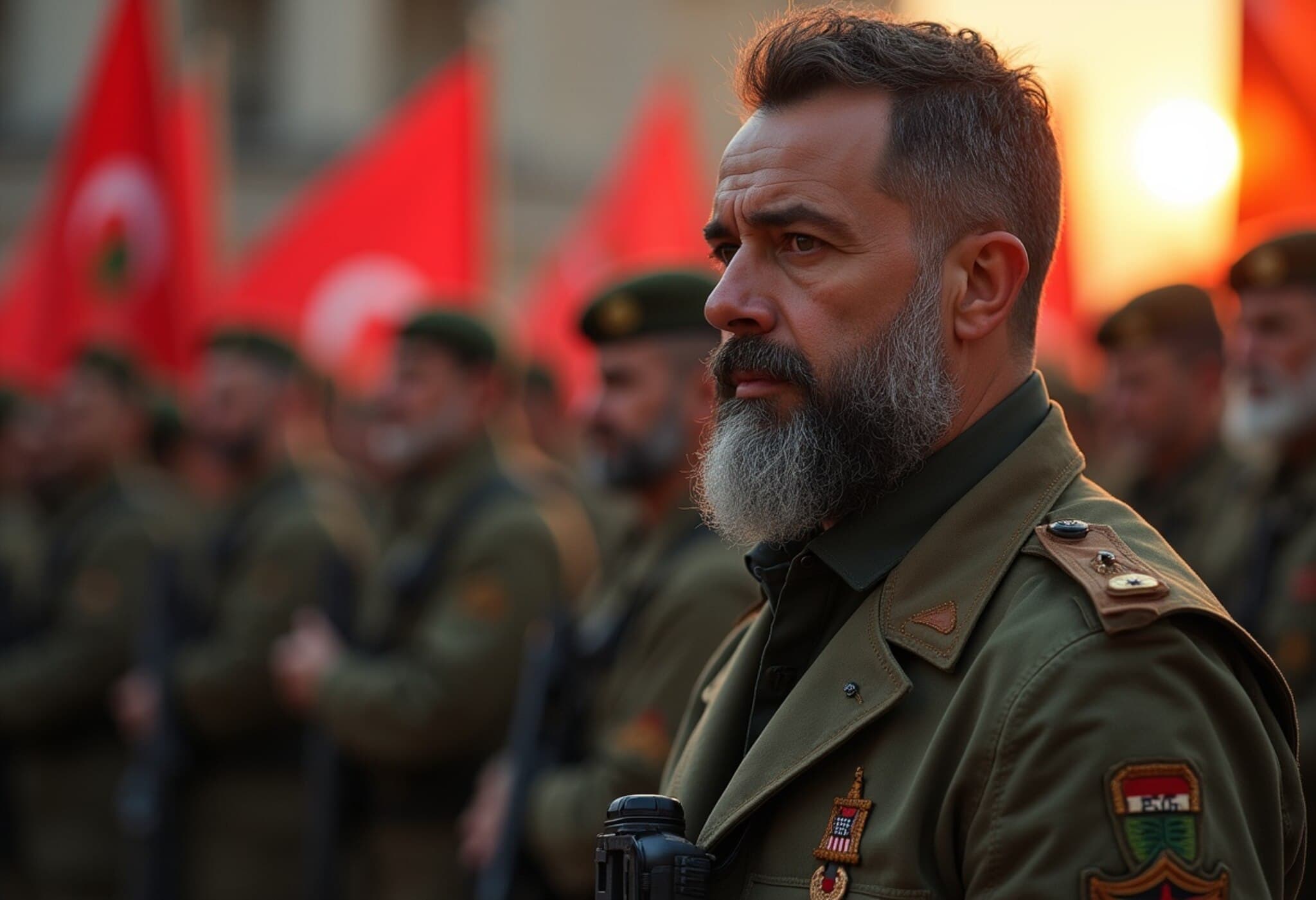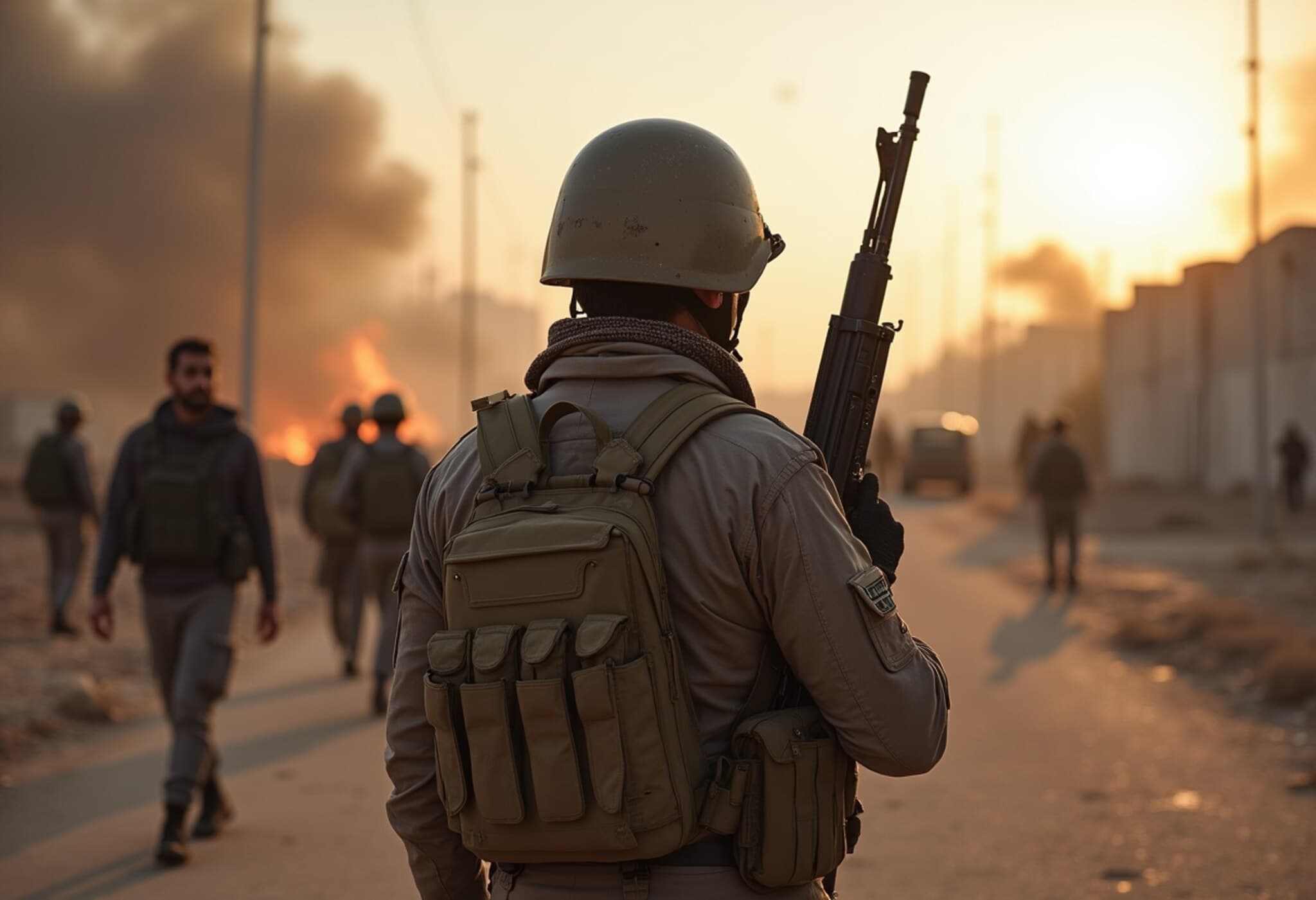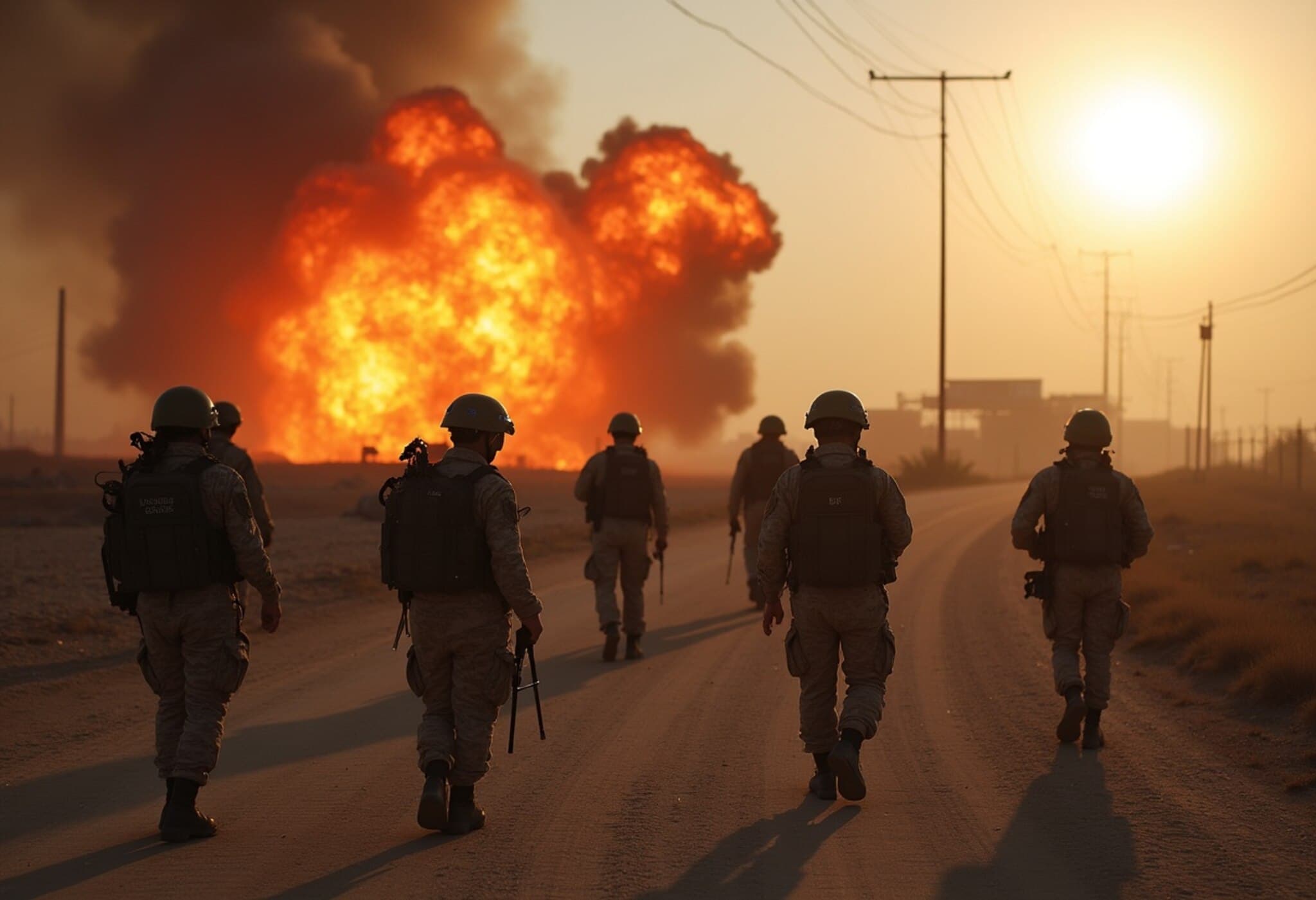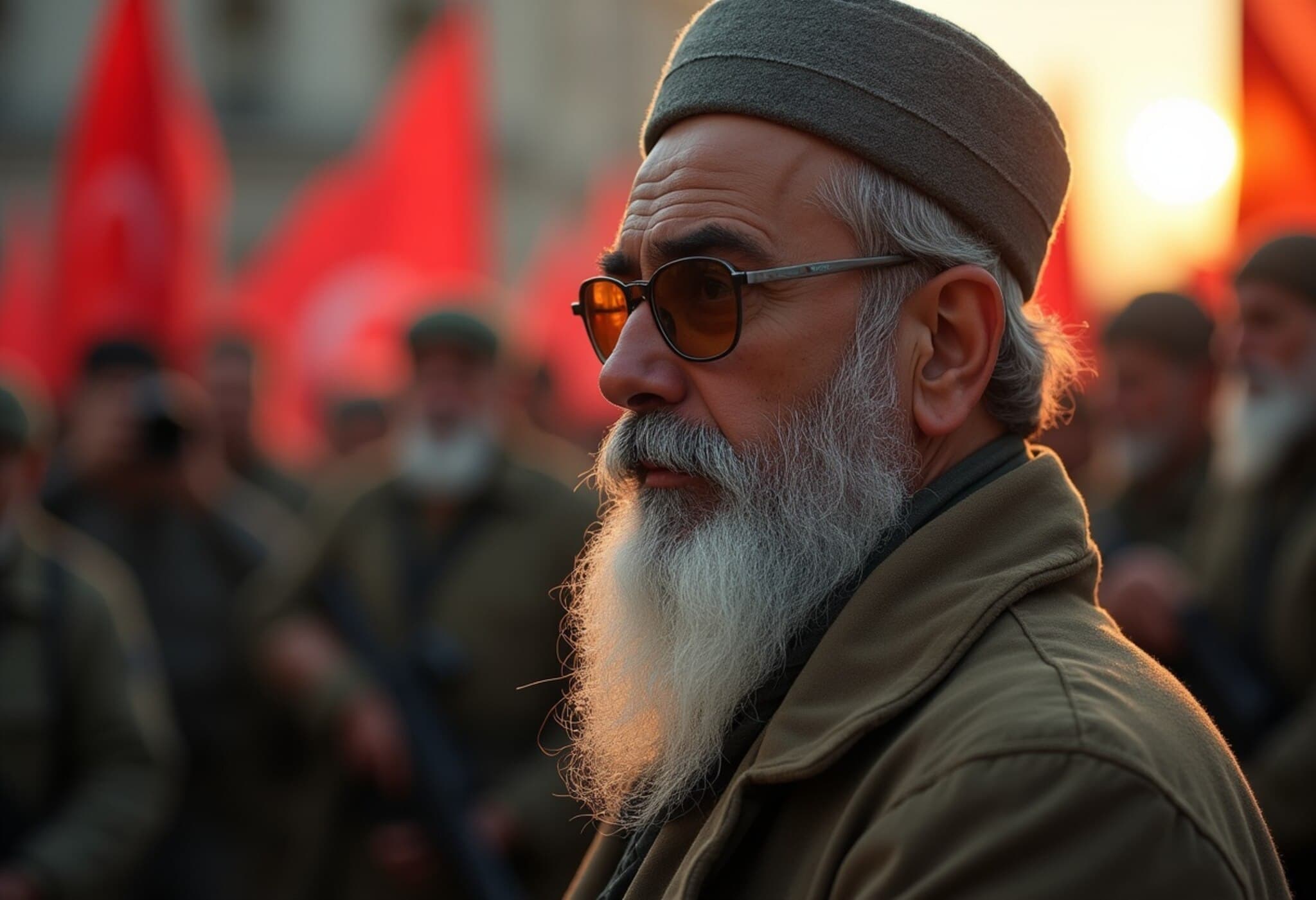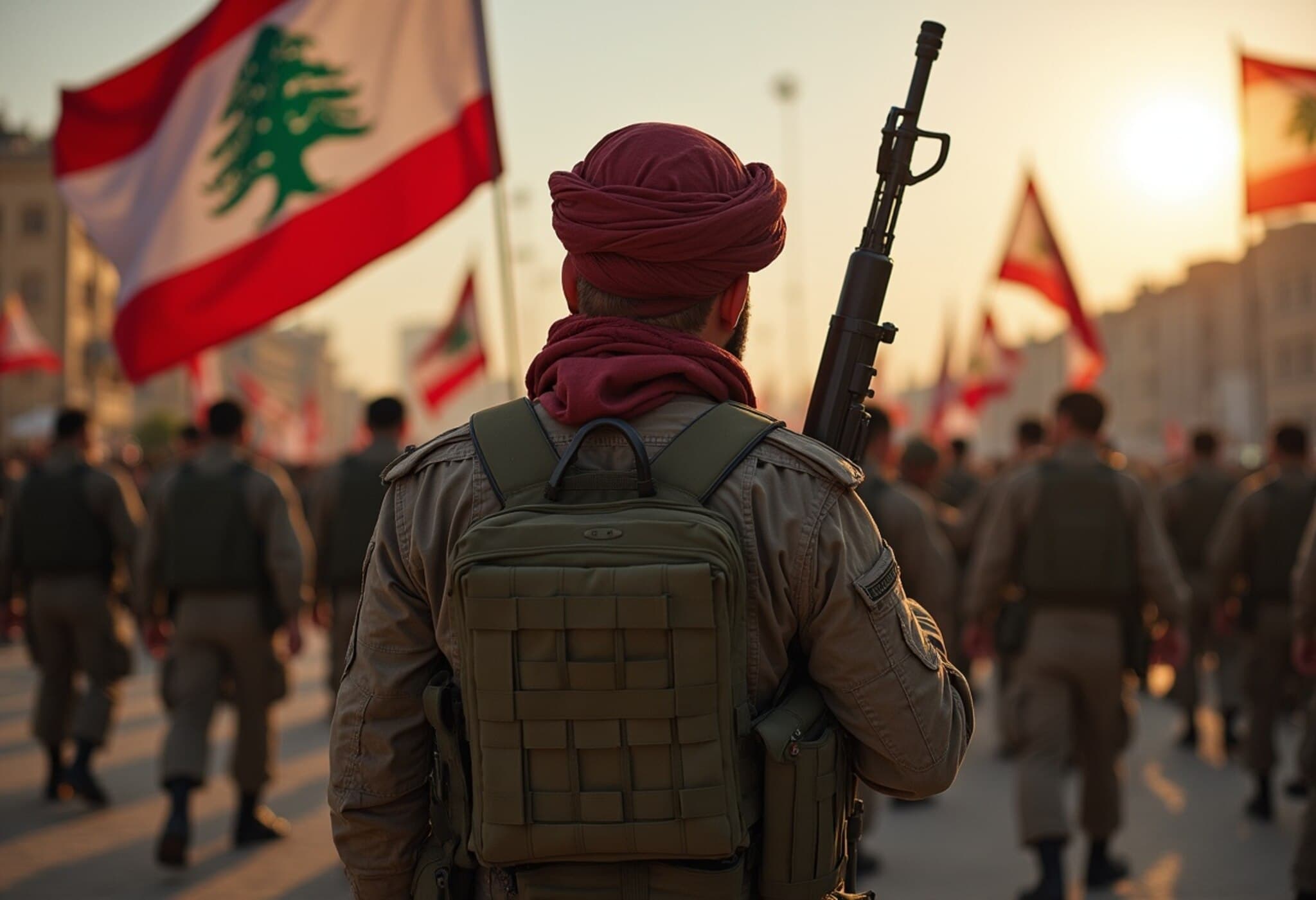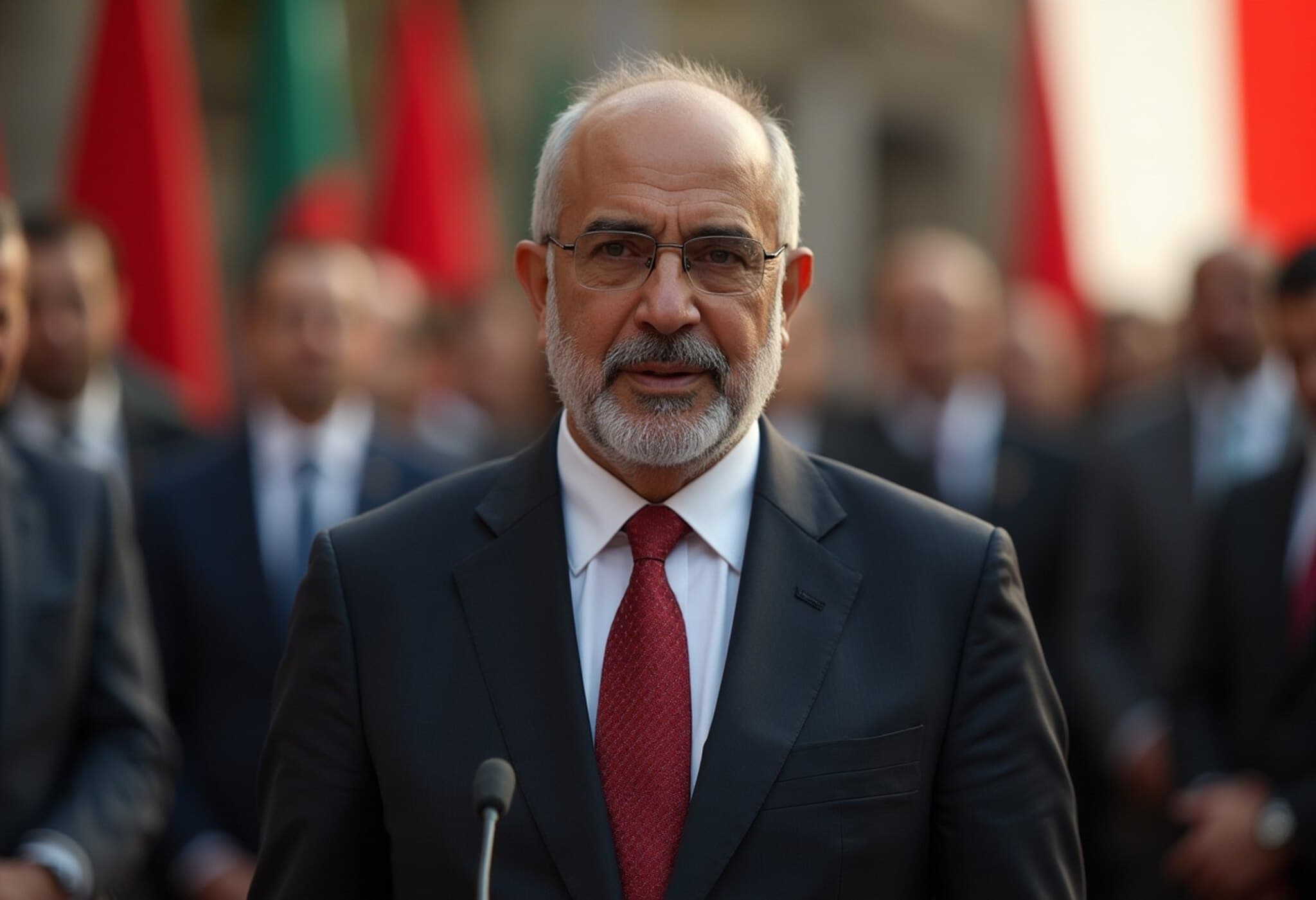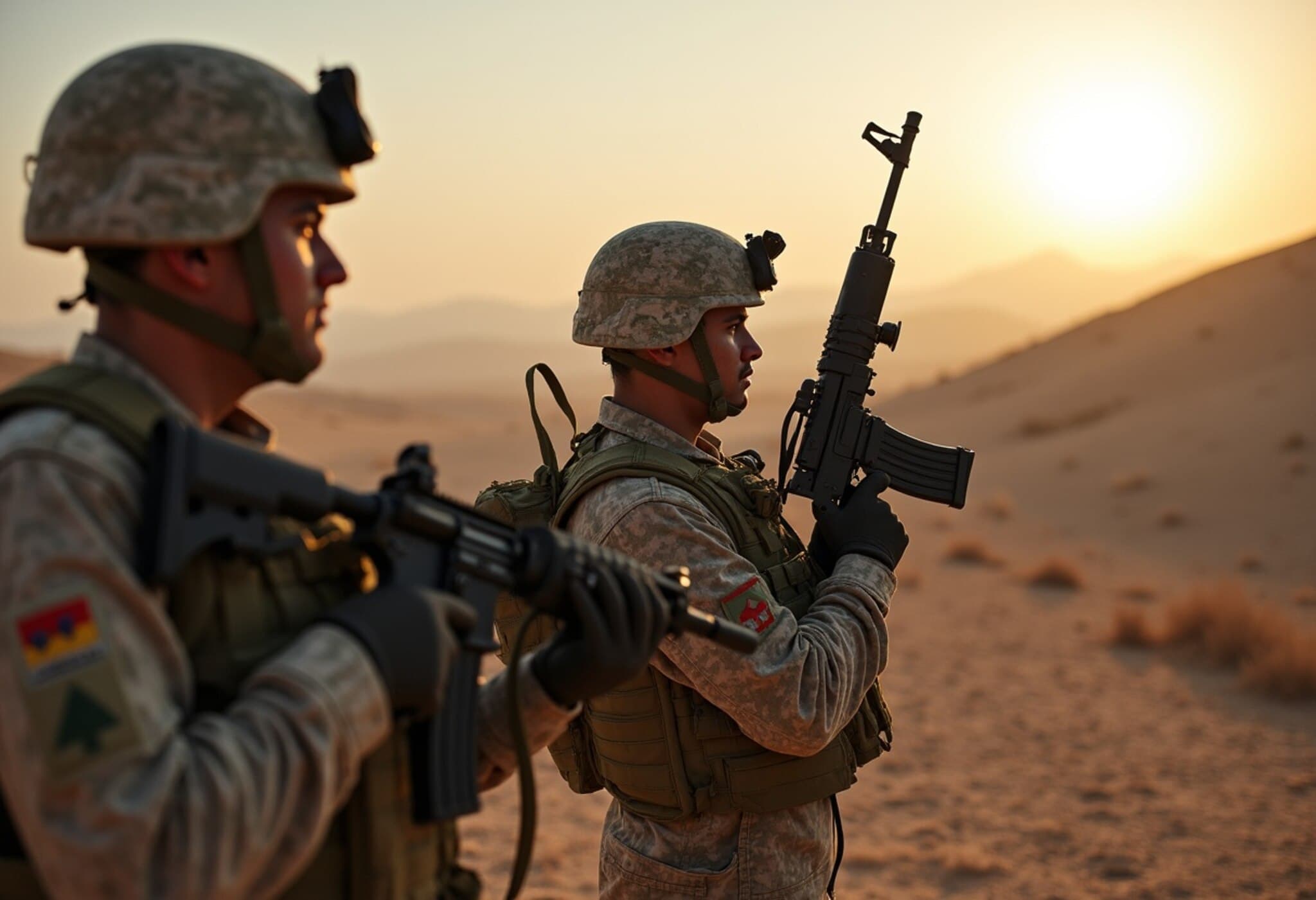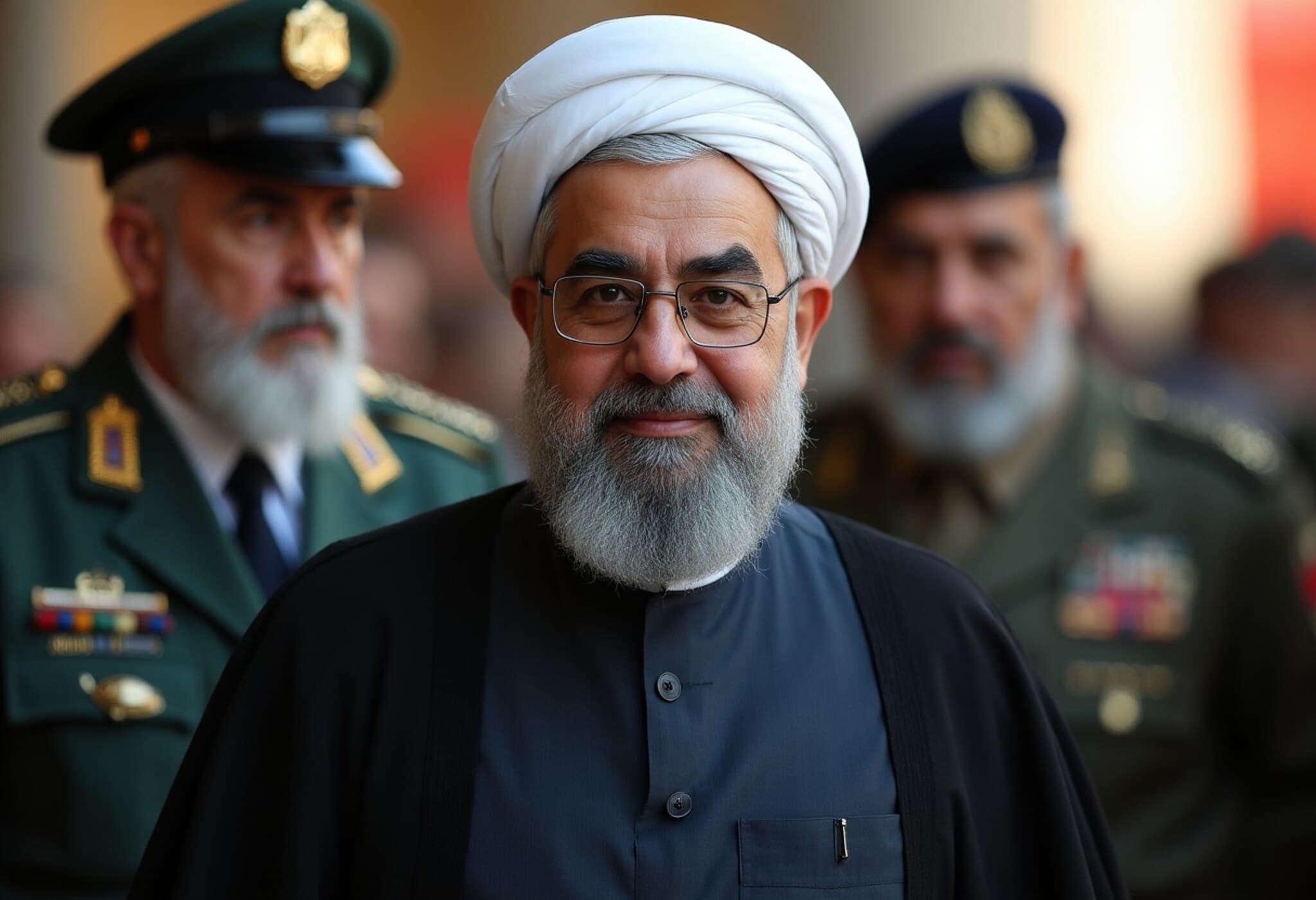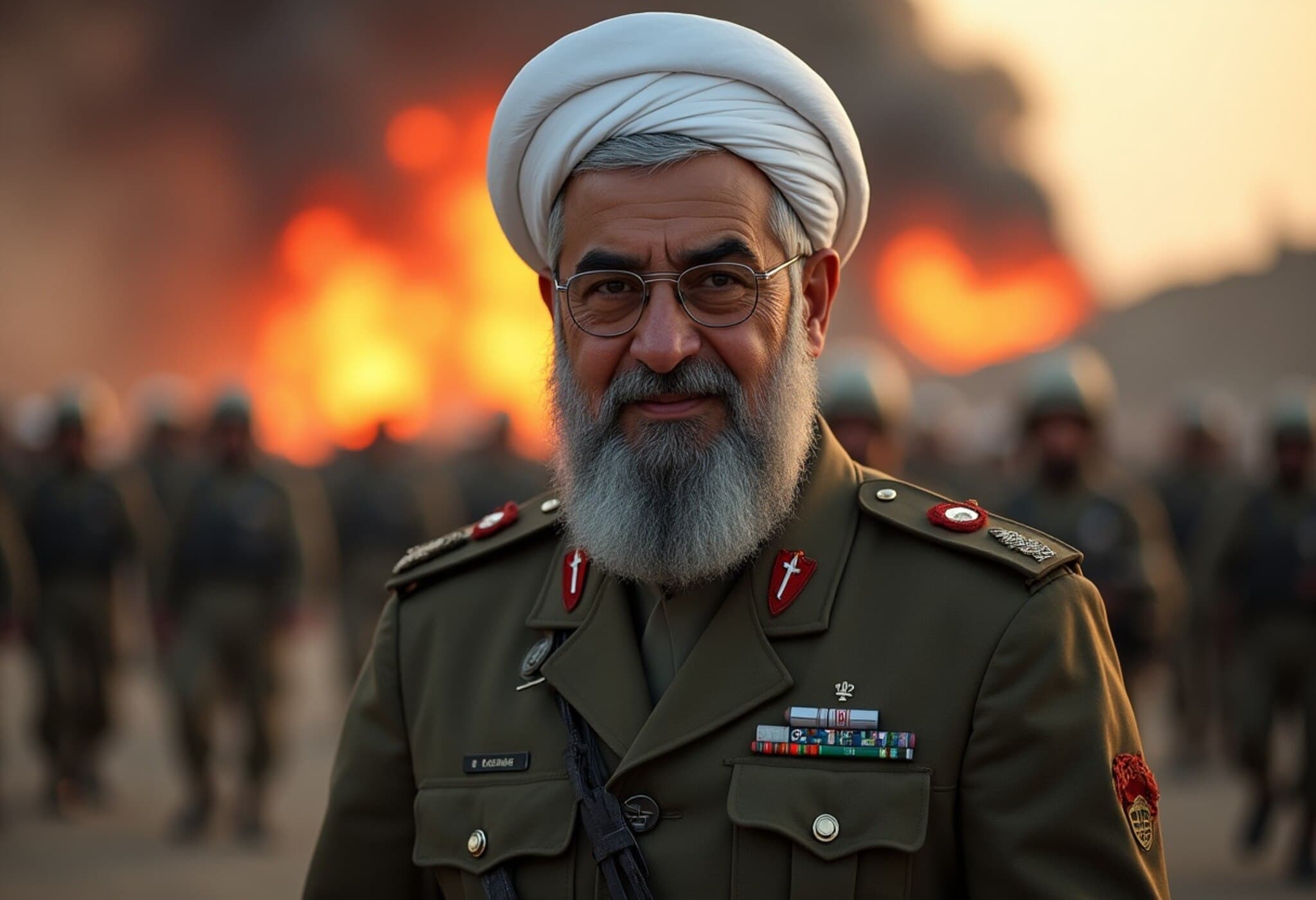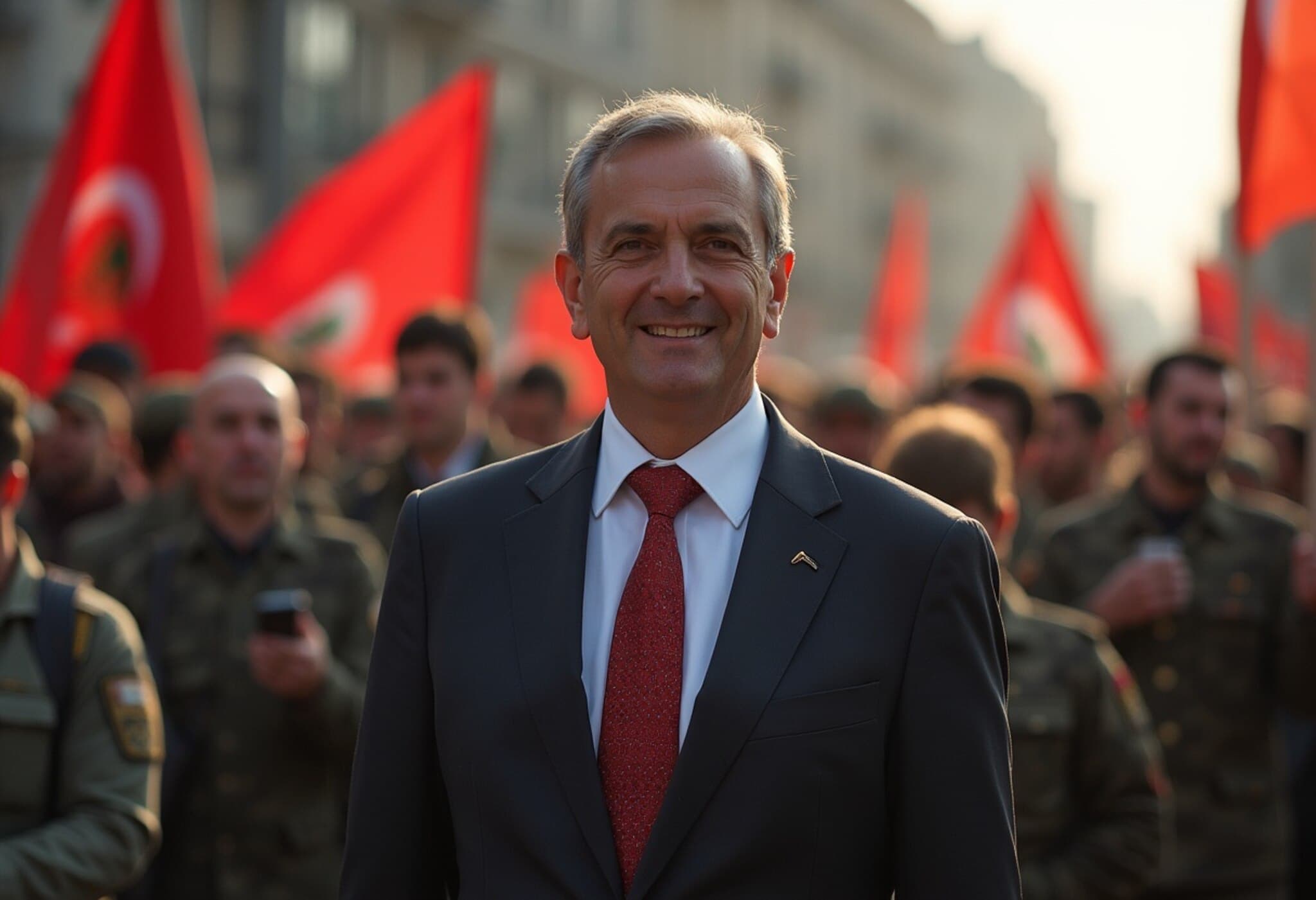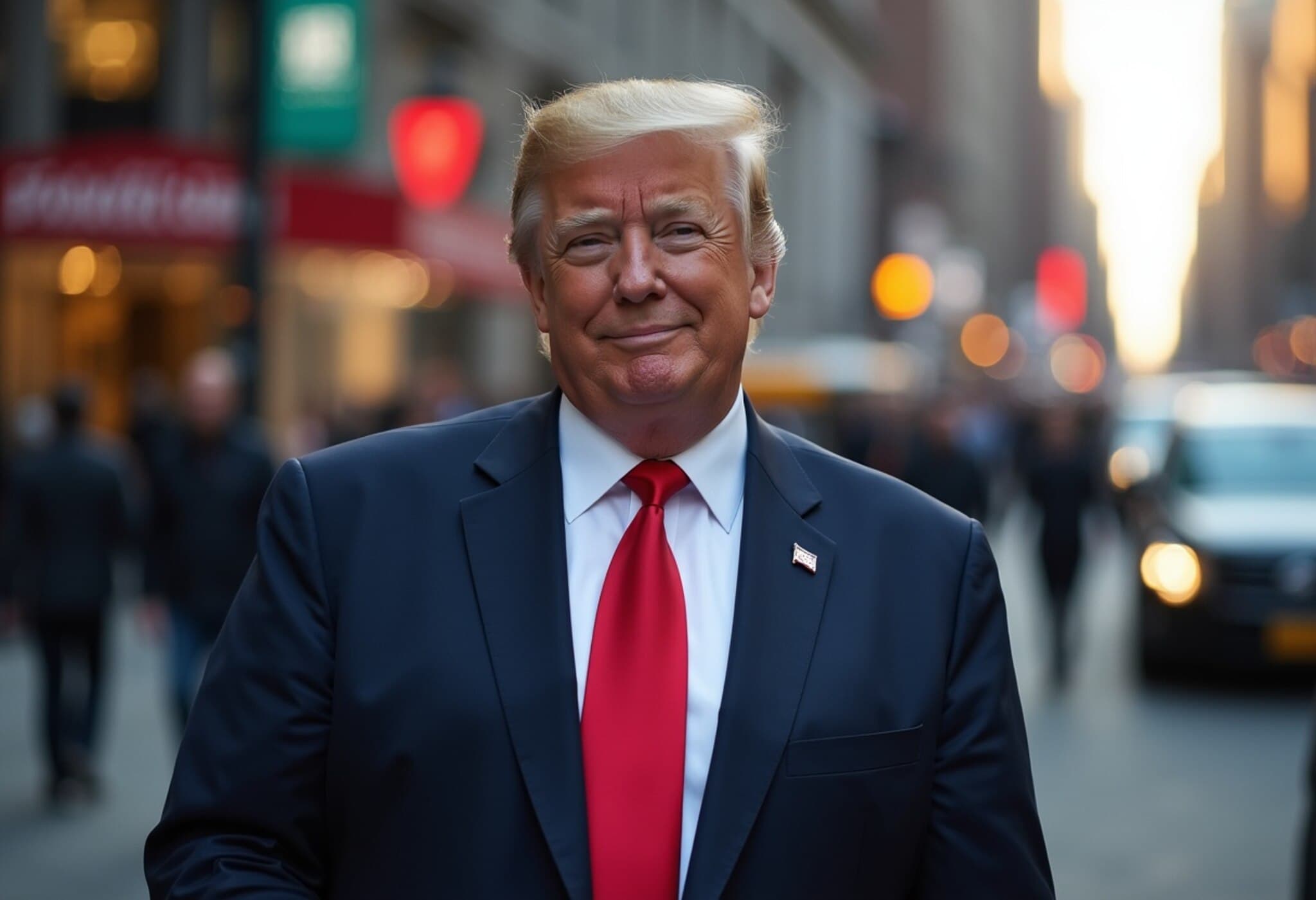Lebanon Stands Firm Against Foreign-Armed Groups as Hezbollah Disarmament Debate Intensifies
In a recent high-stakes meeting in Beirut, Lebanon’s President Joseph Aoun firmly reiterated his country’s stance against foreign-backed armed factions within its borders. Speaking to Ali Larijani, the secretary of Iran’s Supreme National Security Council, Aoun emphasized that no Lebanese group, including Hezbollah, is permitted to carry arms independent of the state or rely on external support. This declaration comes as Lebanon’s cabinet formally endorsed a U.S.-backed roadmap aimed at disarming Hezbollah, a move that deeply resonates in a region marked by complex geopolitical rivalries.
Dialogue with Iran: Sovereignty at the Forefront
President Aoun’s discussions with Larijani underscored Lebanon’s commitment to maintaining its sovereignty and independence amid ongoing foreign pressure. While welcoming cooperation with Iran, Aoun underscored that such collaboration must respect Lebanon’s national interests and avoid interference in domestic affairs. Larijani, representing Tehran's perspective, assured that Iran respects Lebanese sovereignty and will honor any decisions made by Lebanon’s government in consultation with the so-called “resistance” — a term often used to describe Hezbollah.
Larijani remarked, “Any decision taken by the Lebanese government in consultation with the resistance is respected by us.”
This phrasing highlights Tehran’s nuanced position: while Iran supports Hezbollah’s armed status as part of what it characterizes as legitimate resistance against Israel, it claims deference to Lebanese governmental authority. But tensions remain, as Lebanon's leadership insists on exclusive state control of armed forces.
The Complexity of Hezbollah’s Role in Lebanon
Established in 1982 during the Lebanese civil war and the Israeli occupation, Hezbollah has evolved far beyond a militia into a powerful political and military entity often described as a “state within a state.” It wields significant influence in Lebanon’s government and commands a substantial arsenal, often surpassing that of the official Lebanese army. Its military actions, particularly conflicts with Israel and involvement in regional conflicts like Syria, have deeply affected Lebanon’s domestic stability and international relations.
The U.S.-crafted disarmament plan, advanced by former envoy Tom Barrack, seeks systematic steps to reduce Hezbollah’s military capabilities — a controversial move met with strong resistance by the group. Despite setbacks in the 2023 conflict with Israel that weakened Hezbollah’s leadership, the group has refused to relinquish its weapons, considering them vital for defense and regional influence.
Geopolitical Stakes: Iran, U.S., and Lebanon’s Fragile Balance
Iran’s continued support for Hezbollah places Lebanon at the fulcrum of a wider Middle Eastern power struggle. Larijani sharply critiqued what he called foreign interference, pointing a finger at U.S. initiatives rather than Iran. He urged Lebanon to clearly distinguish between “enemies” and “friends,” labeling Israel as the enemy and Hezbollah as a crucial friend resisting aggression.
This rhetoric exposes the dilemma faced by Lebanese leaders: balancing pressures from Western allies advocating disarmament, and regional powerhouses backing Hezbollah’s military autonomy.
Internal and External Challenges Ahead
- President Aoun highlighted that remarks from some Iranian officials have not aided the delicate situation, reinforcing the Lebanese state's sole responsibility for citizen protection.
- Iranian Foreign Minister Abbas Araqchi recently reiterated Tehran’s unwavering support for Hezbollah’s choices regarding its armament, marking clear opposition to disarmament efforts.
- The international community remains watchful, with U.S. and regional diplomacy attempting to steer Lebanon towards enhanced security and political stability.
As Lebanon grapples with these intersecting dynamics, questions arise about the viability of disarmament without undermining internal security or inflaming sectarian divides. Moreover, Hezbollah’s entrenched role within Lebanon’s socio-political fabric complicates straightforward solutions.
Conclusion: Navigating Sovereignty and Regional Power Plays
Lebanon’s assertion of sovereignty against foreign armed actors is a crucial development that highlights its fragile political equilibrium. President Aoun’s engagement with Iranian officials represents an effort to negotiate this balance diplomatically, but the path ahead is fraught with challenges tied to regional rivalries, the role of Hezbollah, and domestic cohesion.
For Lebanon, the question remains: can a national policy simultaneously respect alliances, satisfy international demands for disarmament, and uphold internal stability? The answer will profoundly affect Lebanon’s future and the broader Middle East peace landscape.
Editor’s Note
Lebanon’s insistence on exclusive control over armed forces spotlights a perennial tension in fragile states where militant groups hold significant sway. While U.S. disarmament plans aim to stabilize Lebanon, understanding Hezbollah’s domestic influence and ideological footing is essential for any sustainable solution. Readers should consider the profound implications of external powers shaping national security policies in volatile regions and reflect on the potential ripple effects for U.S.-Iran relations and Middle Eastern geopolitics.

